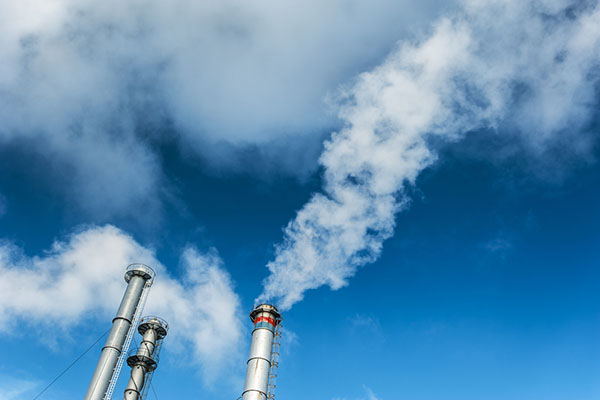Have you ever stopped to really think about the type of gas you’re putting into your vehicle? Obviously, if you have a gasoline engine putting diesel in your car could be devastating. The same could result in putting gasoline in a diesel car. What about just putting a different octane gasoline in your car, such as the new fuel, E-85? Could this make a difference? Choosing the correct type of gasoline will help your engine be more efficient, and in turn this will help you gain the greatest level of mileage out of a single tank of gas. Also, the correct gasoline will hopefully be a cleaner burning process and emission.
If you have an older car with an older engine you most likely have a carburetor which helps regulate the air to gas ratio. When you get your car serviced, you should make sure they check the carburetor to ensure it is properly adjusted to regulate the air to gas ratio. This will help to make sure your engine is properly burning the gas and not emitting excessive carbon. For older cars higher octane or premium gasoline is a better choice.
For newer cars with computers and fuel injectors that regulate the air to gas mixture, the accuracy of the mixture will be dependent on making sure you use the recommended gasoline for the engine. You will definitely want to make sure you use the proper gasoline. For most average newer vehicles, ‘regular’ gasoline with an 87 octane is the proper choice. If you have a sports or high performance car, you will want to select a higher-octane gasoline, or a premium gas.
The best way to learn about the type of gasoline that is best for your vehicle is by referring to your owner’s manual. If for whatever reason you have lost or misplaced your owner’s manual, look your car up online or contact a dealer for that brand.
What about that newer fuel E-85? What is it and should you use it? Well, it is an ethanol blend gasoline that is 85% ethanol and 15% gasoline. It is supposed to help lower emissions from tailpipes. It is generally used by flexible fuel cars as these vehicles have engines that have been adapted to work with higher concentrations of ethanol. However, it isn’t recommended to put this fuel in a car requiring gasoline, as it would likely cause your vehicle to corrode prematurely. Also, it also is not a good idea to put regular gasoline in a vehicle such as the flex fuel cars as it can cause the engine to prematurely have the fuel ignite.
At the end of the day, even though you can use the regular or premium gasoline in vehicles that take straight gasoline without too much concern, you could negatively impact the performance of your car and the efficiency of the gasoline usage. Do your research and ask mechanics or dealers if you’re thinking about switching petroleum and how that will affect your vehicle.
Written by Marc Laferierre, owner of Dents Unlimited. Dents Unlimited is a full service auto repair shop in Columbia, MO

